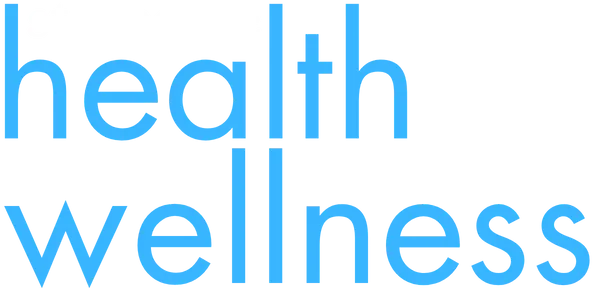

REAL ESTATE ARTICLES

Are Those Fancy Supplements Actually Working?
If you’re like many health-conscious individuals, you might have a growing collection of herbs and supplements in your wellness arsenal. They are often celebrated for their benefits, from boosting immunity to improving mood to increasing energy and focus. But here’s something we don’t always think about: not all of them play well together. In fact, some combinations can cancel each other out or even cause unwanted side effects. Understanding these interactions is essential to making sure your efforts support, rather than sabotage, your health.
Let’s explore some common pairings that don’t mix well and why it’s worth paying attention.
St. John’s Wort and Serotonin Boosters
St. John’s Wort is a go-to herb for managing mild depression, but it’s not without its complications. It can reduce the effectiveness of certain medications, like antidepressants, birth control pills, and even other herbs or supplements aimed at boosting serotonin, like 5-HTP or tryptophan. The combination can lead to a condition called serotonin syndrome, which is as uncomfortable as it sounds, with symptoms like confusion, sweating, and elevated heart rate. This is a good example of why less isn’t always more when it comes to stacking remedies.

Calcium and Iron
You probably know how important calcium and iron are, but did you know they compete for absorption? If you’re taking both, the timing matters. Calcium can block your body’s ability to absorb iron, especially nonheme iron from plant-based sources. To get the most from these essential nutrients, try spacing them out by at least a couple of hours.
Garlic and Blood Thinners
Garlic is a wonderful natural remedy for heart health, known to help reduce cholesterol and improve circulation. However, it also has mild blood-thinning effects. When paired with anticoagulant medications like warfarin—or even other blood-thinning supplements like fish oil or ginkgo biloba—it can increase the risk of excessive bleeding. If you’re on any kind of blood thinner, keep your garlic intake in check or consult your healthcare provider.
Ginkgo Biloba and Vitamin E
Both ginkgo biloba and vitamin E are celebrated for their antioxidant properties and support for brain health. However, they’re both natural blood thinners as well, which makes taking them together a recipe for heightened bleeding risks. Balance is key here. Don’t let one supplement overstep its boundaries, especially if you’re using others with similar effects.

Melatonin and Caffeine
This one might seem obvious, but it’s easy to forget. Melatonin is a great aid for sleep, while caffeine, as we know, wakes us up. Taking these two too close together cancels out the calming benefits of melatonin. Try cutting off your caffeine intake by midafternoon if you are leaning on melatonin for better sleep.
Zinc and Copper
Zinc is often touted for its immune-boosting powers, while copper supports energy and red blood cell production. But zinc can overshadow copper absorption if taken in high doses over time. If you’re loading up on zinc to keep your immune system strong, you could inadvertently deplete your copper stores. Choose a balanced supplement or alternate between the two with guidance from a professional.
Final Thoughts
When it comes to herbs and supplements, more isn’t always better. Understanding how they interact can make or break your wellness routine. Before combining products—or if you are also on medication—take a moment to check in with a healthcare professional. Investing in this kind of clarity helps you stay safe, balanced, and on track with your health goals. After all, your body deserves remedies that work together, not against each other.
To book an appointment or consultation with Dr. Grace, visit her website at www.wildflowerremedy.com, call 408-892-6440, or email [email protected].

